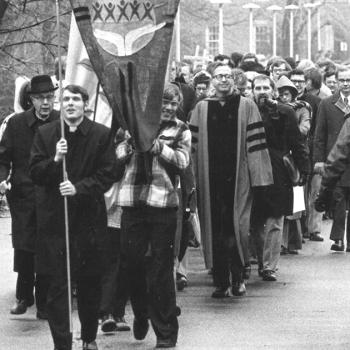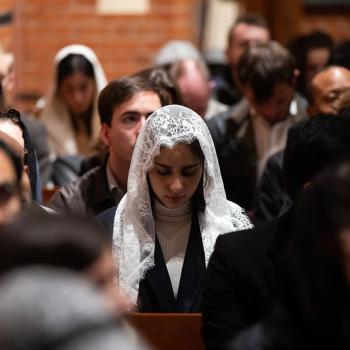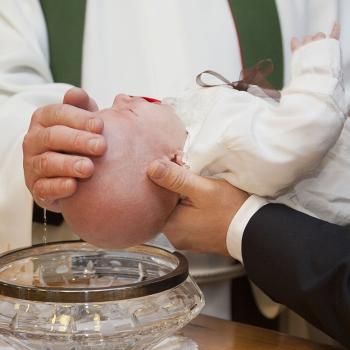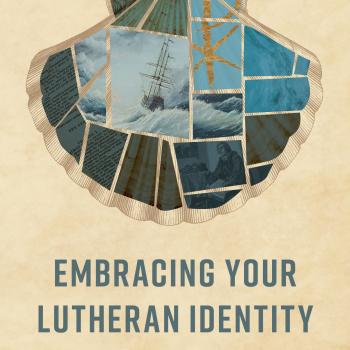The Scandinavian countries are often called among the most secular in the world, with researchers citing the low rate of weekly church attendance (only 3% in Denmark). But what goes on in the state churches is only part of the story of Christianity in northern Europe. There is the church, but there are also the Mission organizations.
The Pietist movement, as early as the 18th century, was accompanied by the rise of independent groups and organizations in which Christian laity met for spiritual growth and good works. In Denmark, Norway, Sweden, and Finland, these groups came together as “Mission” organizations and institutionalized themselves as part of the nation’s religious culture.
The “Outer Mission” sent countless missionaries around the world and is largely responsible for Africa today being one of the most Lutheran areas in the world. The “Inner Mission” took on the task of evangelism and promotion of the faith inside their countries.
The state church is theologically liberal. Inner Mission is theologically conservative.Today, Inner Mission works with specific groups: youth, children, the elderly, and soldiers. It operates “Prayer Houses” throughout the country, where people meet for Bible studies and prayer. It also runs Bible Colleges, particularly for young adults before they enter university and endows conservative faculties at the universities. It supports itself not only with contributions but also by operating businesses such as hotels and the equivalent of Goodwill shops. A number of prominent Scandinavians–such as the family behind Legos--have Inner Mission connections.
Since the state churches are pretty much the only churches around (more on that later), Inner Mission generally works with the church, which basically lets it run its outreach programs, insofar as it can find sympathetic ministers (and there are some, as we’ll post later). Sometimes, though, in some areas, Inner Mission forms its own congregations and calls its own pastors.
Inner Mission doesn’t approve of female ordination, rejects gay marriage, and holds to the inerrancy of Scripture. Its Pietistic roots are evident–in, for example, its avoidance of alcohol–but it is also distinctly Lutheran.
The Inner Mission youth ministries of Denmark, Norway, Sweden, and Finland, hold a summit every few years. The leaders –in response to incursions of Pentecostalism, Baptist evangelicalism, and Calvinism into their countries from the United States–resolved to build up their Lutheran identity. That’s why they invited me to give the keynote talks. (Contrast that with many Lutheran youth ministries in America that play down their Lutheranism in favor of those other traditions!)
I made the case that Lutheran spirituality–with its emphasis on God incarnate in Christ, justification by grace through faith in Him, His real continuing presence in Word and Sacraments, and the meaning of ordinary life as disclosed in the doctrine of vocation–is uniquely relevant to our postmodernist secularist age.
The Inner Mission folks are strongly committed to Christ, the Gospel, and God’s Word, and they are doing some impressive work under very challenging circumstances. Lots of people are becoming Christians through their efforts, and nominal Christians are waking up to the Gospel.
The distinction between the official church and the parachurch organizations is not optimal, of course. The problem is not just the secularization of society in Europe and America but, more deeply, the secularization of the churches! How ironic that as ecclesiastical entities move away from the historic faith, non-ecclesiastical entities are preserving it! But the Scandinavian mission organizations have not abandoned the church, though it sometimes seems to abandon them.
More on these topics later. The point for now is that despite the decline of the state churches, Christianity is still very much alive in “secularized” Scandinavia.















